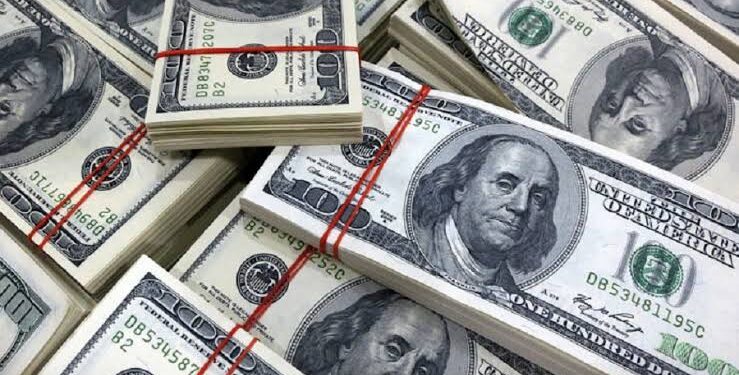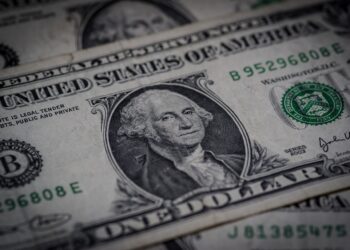The Central Bank of Nigeria (CBN) has observed that by 2024/2025, the removal of fuel subsidies, lower import bills, and increased external debt servicing obligations may profoundly impact the growth of external reserves. In its Monetary, Credit, Foreign Trade, and Exchange Policy guidelines for fiscal years 2024/2025, the CBN asserted that, despite an optimistic forecast for Nigeria’s external sector due to favorable terms of trade and sustained crude oil price rallies, potential downsides exist.

“The removal of fuel subsidies, lower import bills, and increased external debt servicing obligations could pose downside risks to the accumulation of external reserves,” the CBN stated.
Analysts have diverged in their opinions on the effects of fuel subsidy removal on the economy. Clifford Egbomeade, a Public Affairs Analyst, warns of potential inflationary pressures and disruptions to economic activities, while Ayodeji Ebo, Managing Director of Optimus by Afrinvest, believes removal would increase accretion to external reserves.
Despite these risks, the CBN projects strong economic growth in 2024/2025, driven by supportive policies for agriculture and oil sectors, Forex market reforms, and effective implementation of the Finance Act 2023 and the Medium-Term National Development Plan (MTNDP) for 2022-2025.

















